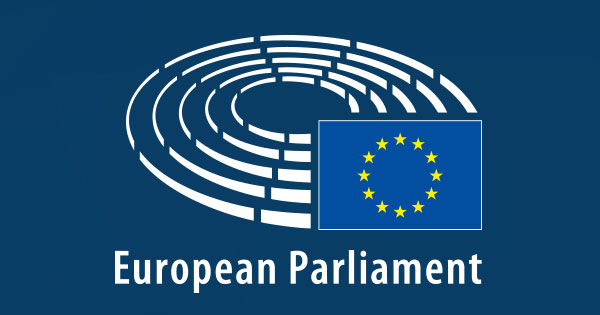The so-called green claims directive enhances the already-approved EU ban on greenwashing. It defines what sort of info corporations have to offer to justify their environmental advertising claims sooner or later. It additionally creates a framework and deadlines for checking proof and approving claims, and specifies what occurs to corporations who break the legislation.
Verification system and penalties
MEPs agreed with the Fee that corporations ought to submit any future environmental advertising claims for approval earlier than utilizing them. The claims could be assessed by accredited verifiers inside 30 days, in keeping with adopted textual content. Corporations who break the principles could also be excluded from procurements, lose their revenues and face a nice of a minimum of at 4% of their annual turnover.
The Fee ought to draw up a listing of much less advanced claims and merchandise that might profit from sooner or easier verification, MEPs say. It must also determine whether or not green claims about merchandise containing hazardous substances ought to stay potential. MEPs additionally agreed that micro enterprises needs to be excluded from the brand new obligations and SMEs ought to get one additional 12 months earlier than making use of the principles.
Carbon offsetting and comparative claims
MEPs confirmed the latest EU ban on green claims based mostly solely on the so-called carbon offsetting schemes. They now specify that corporations may nonetheless point out offsetting schemes if they’ve already lowered their emissions as a lot as potential and use these schemes for residual emissions solely. The carbon credit of the schemes should be licensed, as established beneath the Carbon Removals Certification Framework.
Particular guidelines would additionally apply to comparative claims (i.e. advertisements evaluating two completely different items), together with if the 2 merchandise are made by the identical producer. Amongst different provisions, corporations ought to display they’ve used the identical strategies to match related points of the merchandise. Additionally, claims that merchandise have been improved can’t be based mostly on knowledge which can be greater than 5 years outdated.
Quote
Parliament’s rapporteur Andrus Ansip (Renew, EE) for the Inner Market Committee mentioned: “Research present that fifty% of corporations’ environmental claims are deceptive. Shoppers and entrepreneurs deserve transparency, authorized readability and equal circumstances of competitors. Merchants are prepared to pay for it, however no more than they achieve from it. I’m happy that the answer proposed by the committees is balanced, brings extra readability to customers and on the identical time is, in lots of instances, much less burdensome for companies than the answer initially proposed by the Fee.”
Parliament’s rapporteur Cyrus Engerer (S&D, MT) for the Surroundings Committee mentioned: “It’s time to put an finish to greenwashing. Our settlement on this textual content ends the proliferation of deceitful green claims which have tricked customers for a lot too lengthy. It additionally ensures that companies have the suitable instruments to embrace real sustainability practices. European customers need to make environmental and sustainable selections and all these providing services or products should assure that their green claims are scientifically verified.”
Subsequent steps
The draft report was adopted with 85 votes to 2 and 14 abstentions. It’s going to now be put to a vote at an upcoming plenary session and can represent Parliament’s place at first studying (most probably in March). The file will likely be adopted up by the brand new Parliament after the European elections on 6-9 June.
